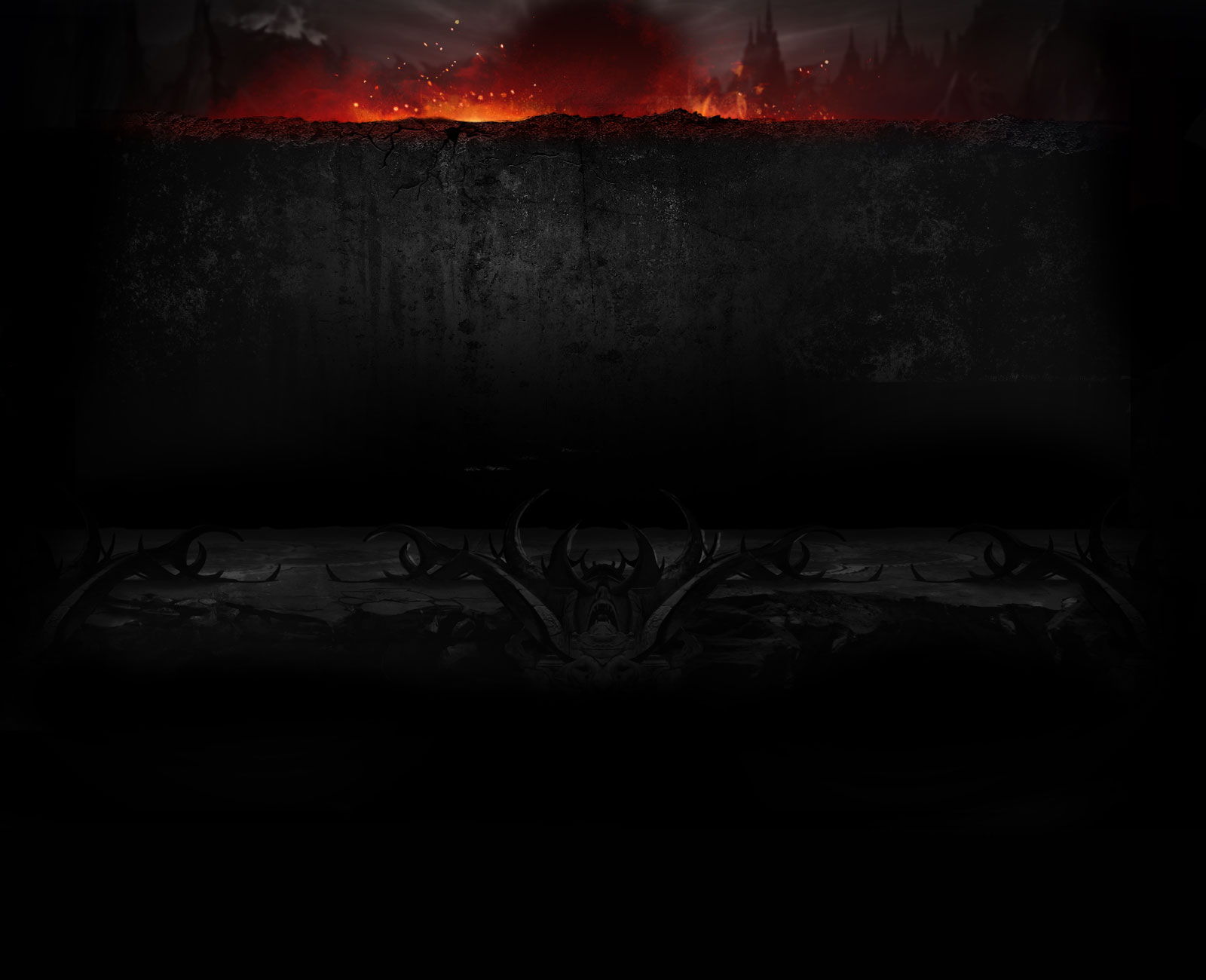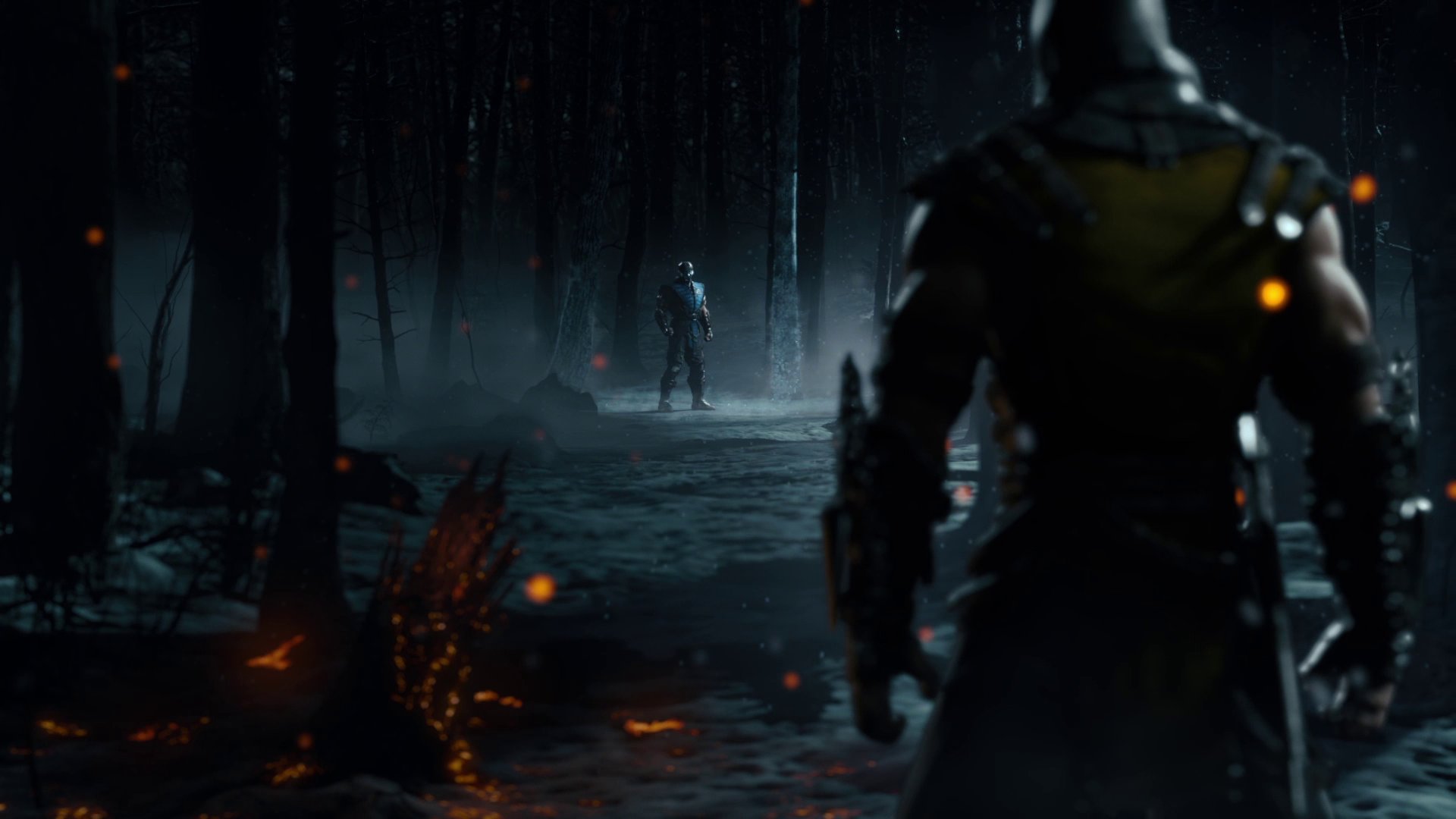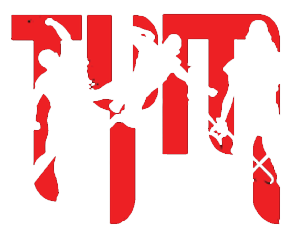Gooberking
FGC Cannon Fodder
Lets say there are two people playing, and one of then has a good connection while the other does not. We will say player A will be the good connection, player B will be the bad connection.
The person B with a "bad" connection is introducing ping swings (jitter) of something like 40-70ms. Some large amount where it's clearly messing with the game, but not so bad that it spikes pings up like 300ms+ and causes lots of auto pausing. (pausing being where inputs are so delayed the game just has to stop to wait for inputs and can't use rollbacks to cover it up; as discussed in the NRS netcode keynote
)
My question is do both people have to deal with that instability, or is only person A with the good connection the only one dealing with the timings being erratic? It seems like the person causing the problem would not even see how much rollback they are inflicting onto person A. Their game is going to cook like normal as long as it doesn't force pauses right? It will just be sending input history using pack mules, leaving gamer A to hold all the rollback.
I think I always assumed the experience was mutual, but thinking about how stuff works and seeing how people play, I've started to think that isn't the case. That when you wonder how someone can play in that connection, then answer may be that they aren't.
The person B with a "bad" connection is introducing ping swings (jitter) of something like 40-70ms. Some large amount where it's clearly messing with the game, but not so bad that it spikes pings up like 300ms+ and causes lots of auto pausing. (pausing being where inputs are so delayed the game just has to stop to wait for inputs and can't use rollbacks to cover it up; as discussed in the NRS netcode keynote
My question is do both people have to deal with that instability, or is only person A with the good connection the only one dealing with the timings being erratic? It seems like the person causing the problem would not even see how much rollback they are inflicting onto person A. Their game is going to cook like normal as long as it doesn't force pauses right? It will just be sending input history using pack mules, leaving gamer A to hold all the rollback.
I think I always assumed the experience was mutual, but thinking about how stuff works and seeing how people play, I've started to think that isn't the case. That when you wonder how someone can play in that connection, then answer may be that they aren't.





